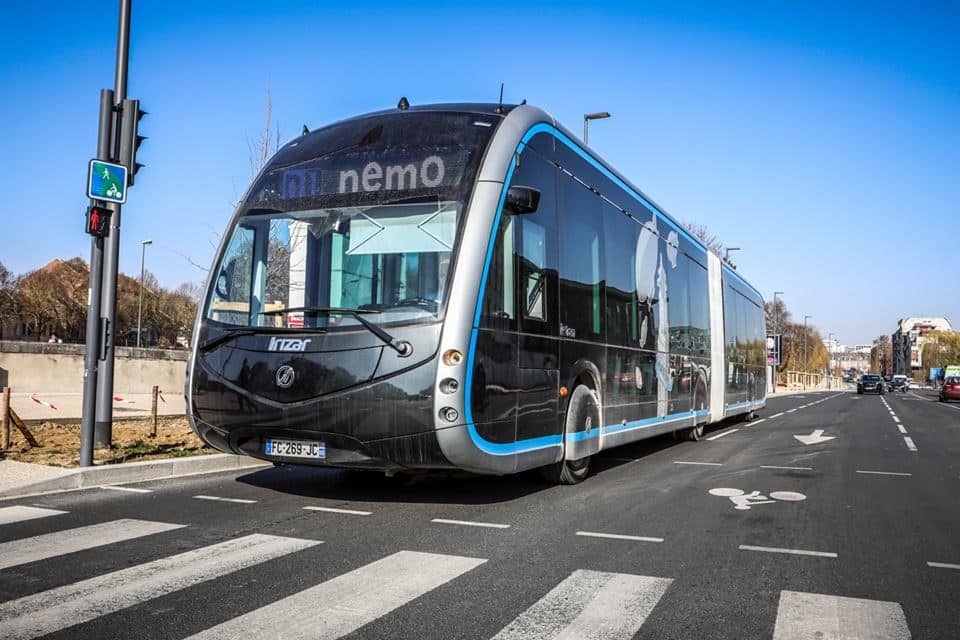In a groundbreaking development, Dakar, Senegal’s capital, is gearing up to unveil Africa’s inaugural 100% electric Bus Rapid Transit (BRT) system in January 2024. Dakar Mobilité, a private entity operating in collaboration with the Senegalese government, recently received a delivery of 121 electric buses from Chinese manufacturer CRRC, marking a pivotal step in the realization of this eco-friendly initiative.
The delivery, which took place on November 28, 2023, was confirmed by CETUD, Dakar’s public transport regulator. The ambitious project is part of Dakar’s broader plan to revamp its public transport network by 2025 and aligns with Senegal’s energy transition roadmap.
Covering a distance of 18.3 km within Dakar, the electric BRT system is a deliberate effort by the Senegalese government to curtail atmospheric emissions and reduce the carbon footprint associated with transportation in the city. According to CETUD’s estimates, the eco-friendly initiative is expected to prevent approximately 59,000 tonnes of CO2 emissions annually.
The BRT route, connecting the Petersen bus station at Dakar Plateau to the prefecture of Guédiawaye in the northern suburbs, spans 23 stations and traverses 14 densely populated districts. Comprising one “omnibus” line and three express or semi-express lines, the system is projected to cater to 300,000 daily passengers commuting between suburbs and the city center once fully operational by the summer of 2024.
In addition to the environmental benefits, the electric BRT system aims to alleviate traffic congestion, enhance air quality, improve accessibility, and halve travel time within Dakar from 90 to 45 minutes.
The Dakar BRT project, initiated under a Public-Private Partnership (PPP) arrangement, features Dakar Mobilité as the private sector partner and Senegal’s Ministry of Transport represented by CETUD as the government partner. Dakar Mobilité, a joint venture owned by Meridiam (70%) and the Fonds souverain d’Investissements stratégiques du Sénégal (FONSIS), secured €135 million to finance the all-electric BRT project.
Financial support came from a €85.4 million loan, equally provided by Proparco and the Emerging Africa Infrastructure Fund (EAIF), to finance the BRT equipment. Furthermore, Proparco and EAIF extended a €6.4 million loan to Dakar Mobilité for the replacement of buses’ batteries at the end of their eight-year lifespan.
The European Union and PIDG TA contributed grants of €7 million and €9 million, respectively, as additional funding for the Dakar BRT project. Chinese manufacturer CRRC played a vital role by producing a fleet of electric BRT articulated buses, each equipped with a 563.8 kWh capacity battery. CRRC is also responsible for the infrastructure supporting the 23 charging stations along the 18.3 km BRT route, while the German company CarMedialab (part of INIT group) was chosen to implement the charging management system.

